Sensitivity can only exist as a result of empathy and a healthy moral code. Sensitivity may require sympathy or sternness. It is in deciphering the most effective approach in each situation that sensitivity comes in.
Governed by the best intentions, parents are very quick at asking children to share their toys. But “when” and “how” to ask this of a child, is fundamental. Giving children time to first receive their new gift, open it, discover it, play with it and make it theirs, will propel them to share it as the next natural step. Push them too early and the request will cause anger and resentment. It isn’t the children’s fault. The request is ahead of their natural process. Children must be ready to share the toys.
Not only will children resent their little siblings as the cause of this constant request, they will also resent the people asking them. They are getting mixed messages. They received a gift that they did not make their own before being asked to pass it on.
A more sensitive approach would be to let the receiver receive. The little siblings, who need to learn that they weren’t born with instant access to everything, can use some limits in that area. That will benefit them in the future. Light with sensitivity the way to sharing, so that children may ultimately incorporate it as a rewarding experience.
Sensitivity builds trust and reinforces bonding. When children feel understood and respected they feel confident with who they are. Awareness of their limitations will put you more in tune with their personalities and help you find the best way to communicate with them.
While curbing your children’s behavior through a reward and loss of privilege system, reason and emotion should be your main concerns. Anytime the child misbehaves, there will be a logical reason why and the fueling truth of emotion behind it. Both reason and emotion should be discerned in order to fully address each situation.
Knowing what affects your child even in common circumstances such as feeling tired or cranky will help you better deal with the situation. Most children get cranky when tired and it is a parent’s job to make sure children get the sleep they need. Finding a way to get the child to sleep would be the sensitive solution; expecting the child to behave would be asking for more than the child is prepared to endure.
As parents become more sensitive, they get to know their children by the requirements that are most dissonant with each child’s personality. Sitting for hours at a time could be termed torture for hyperactive children, while participating in a class theater piece could be overwhelmingly uncomfortable for an introverted personality. Only sensitivity can tell you when a child is ready to confront fears and expand his or her limitations.
GOOD PUPPY Tools are designed to aid parents in the management of children’s behavior. In order for good behavior to stick, children need to be able to reason new rules into their character and these rules need to be in accord with their emotions.
Children question rules, not because they mean to defy authority, but because they are trying to understand the rule in order to incorporate it. New rules need to be explained clearly, so that the child can apply it in different situations.
“Don’t talk to strangers” doesn’t mean “don’t get in the car with strangers”. “Don’t take candy from strangers” doesn’t say anything about “French fries”. If the rule was not explained properly, children can only take it literally. Because that is all the information they were given and the reason for the rule was not explained.
Sensitivity can only be exercised with patience, with calm and clear observation of others and ourselves. Fueled by patience, sensitivity propels us towards wisdom, journeying through knowledge and true understanding.
From
EVERYTHING HAPPENS FOR A REASON
The Little GOOD PUPPY Guide Book for Growing Good Kids
By Gabriel Tito, RMFT & Marina Tito
Learn more about the
GOOD PUPPY Children Behavioral & Emotional System









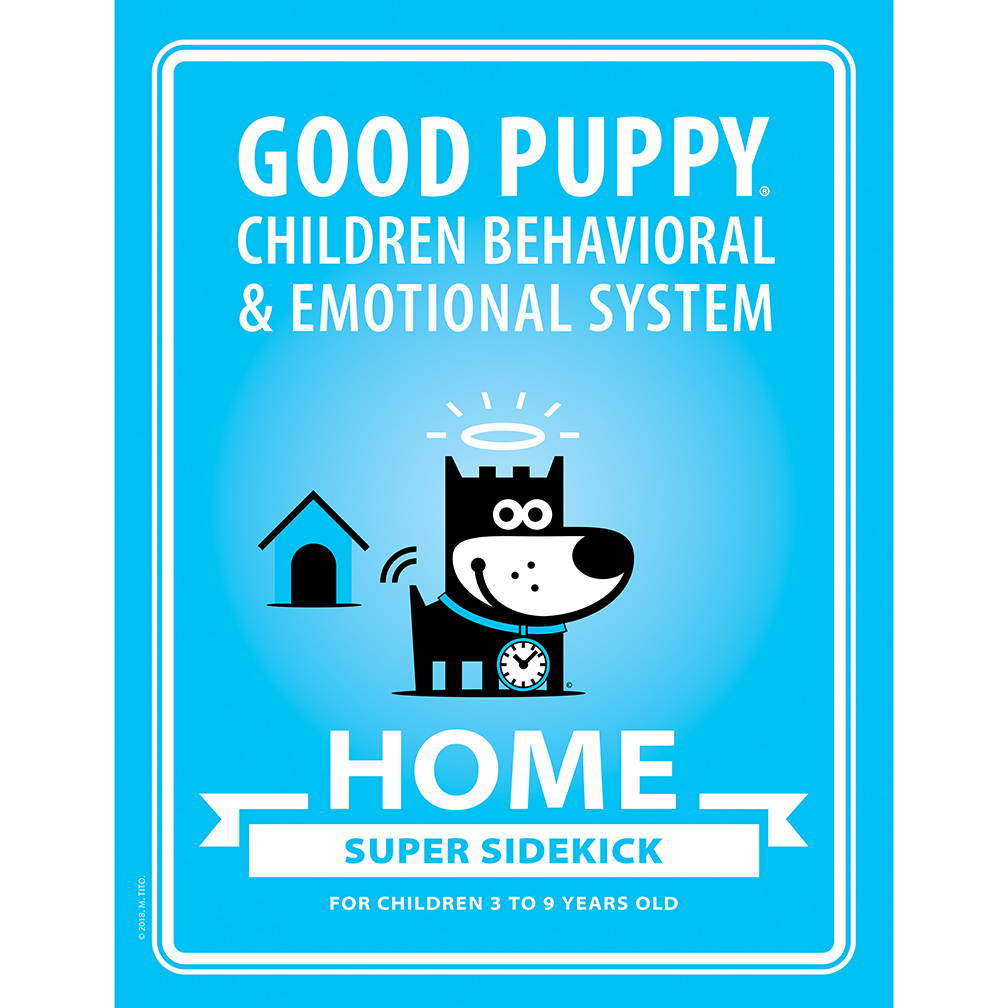
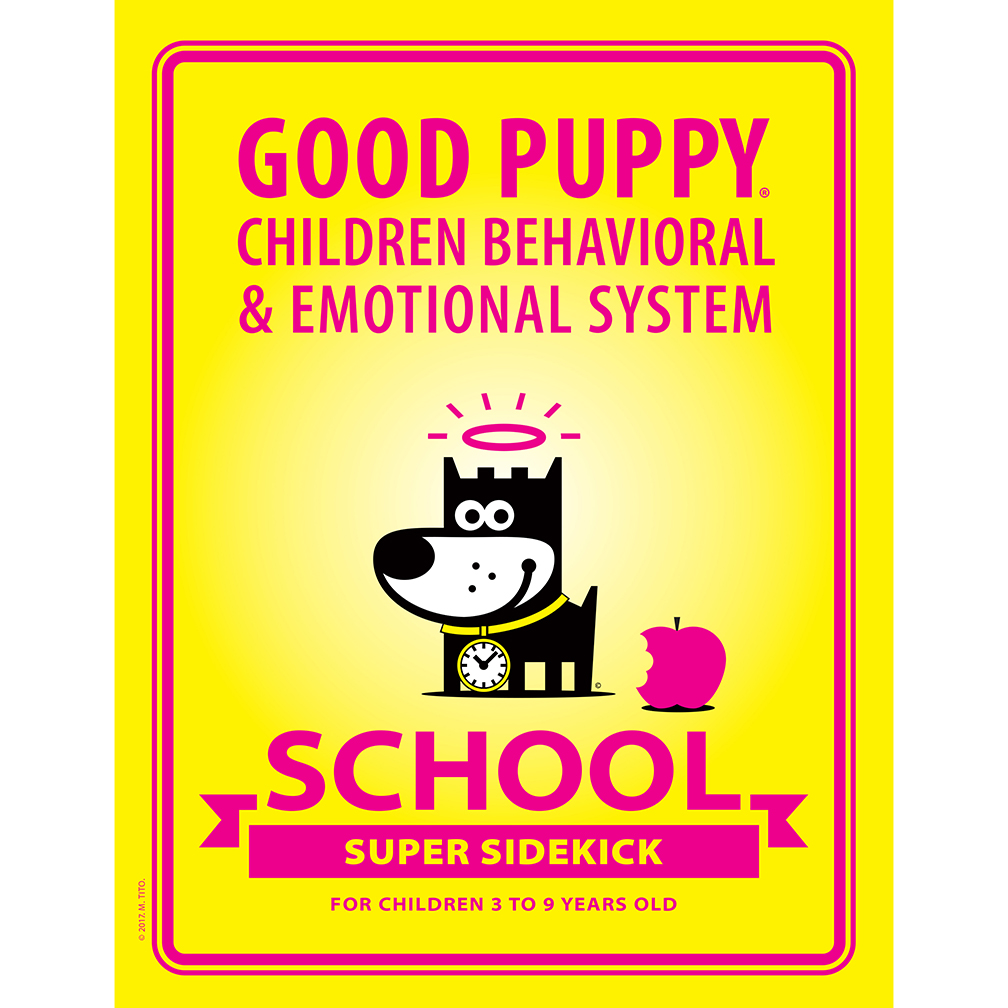
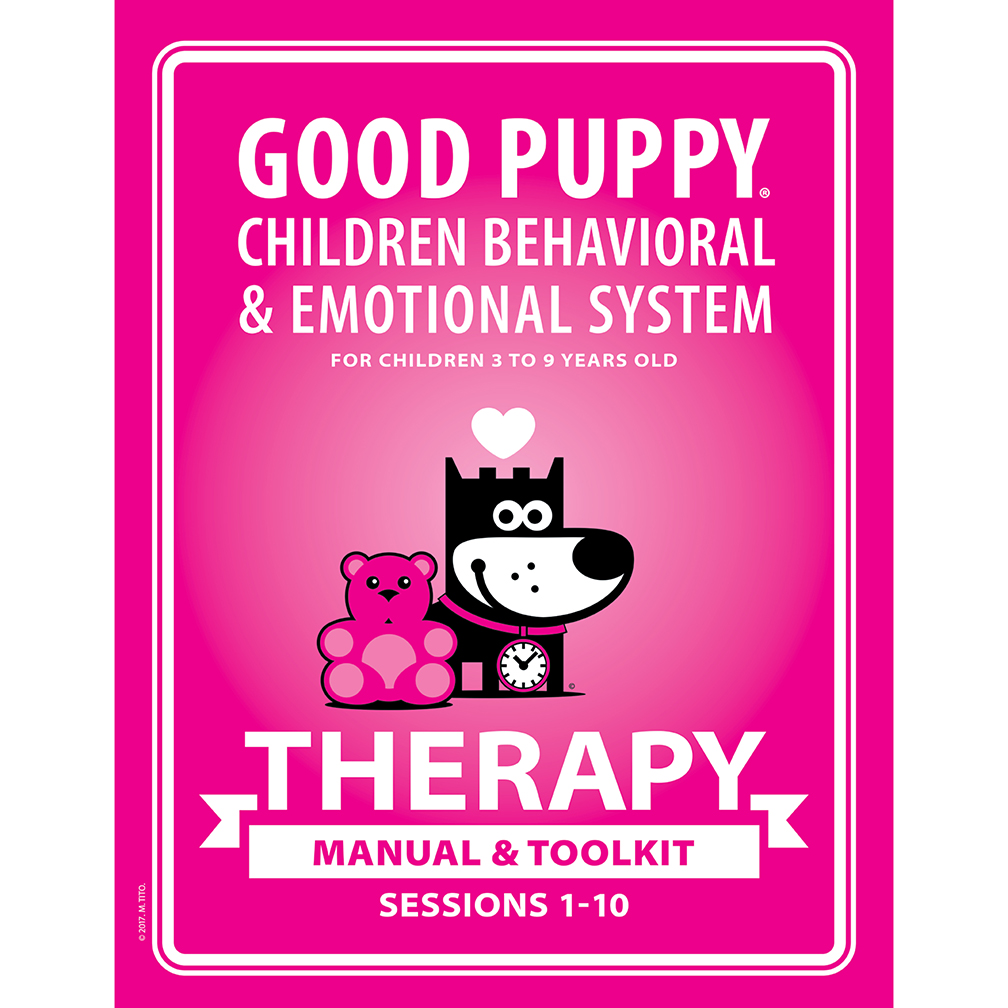
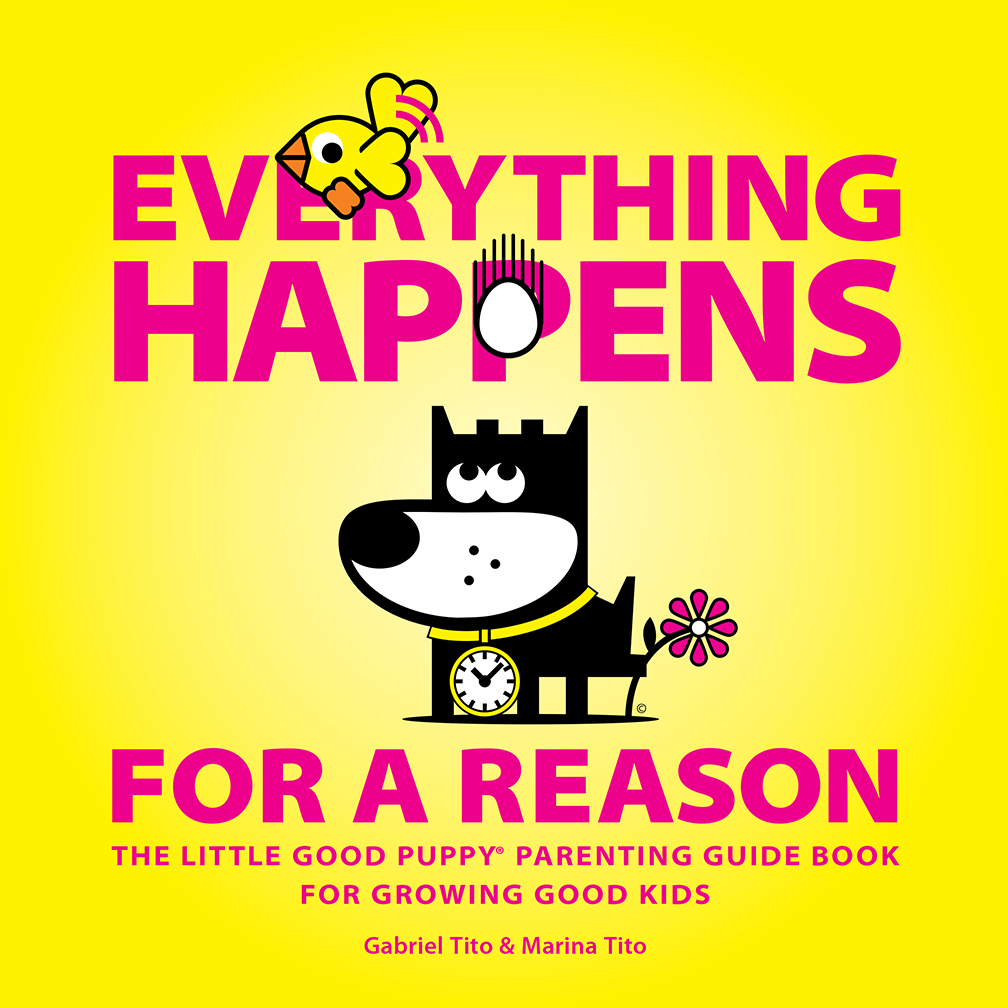

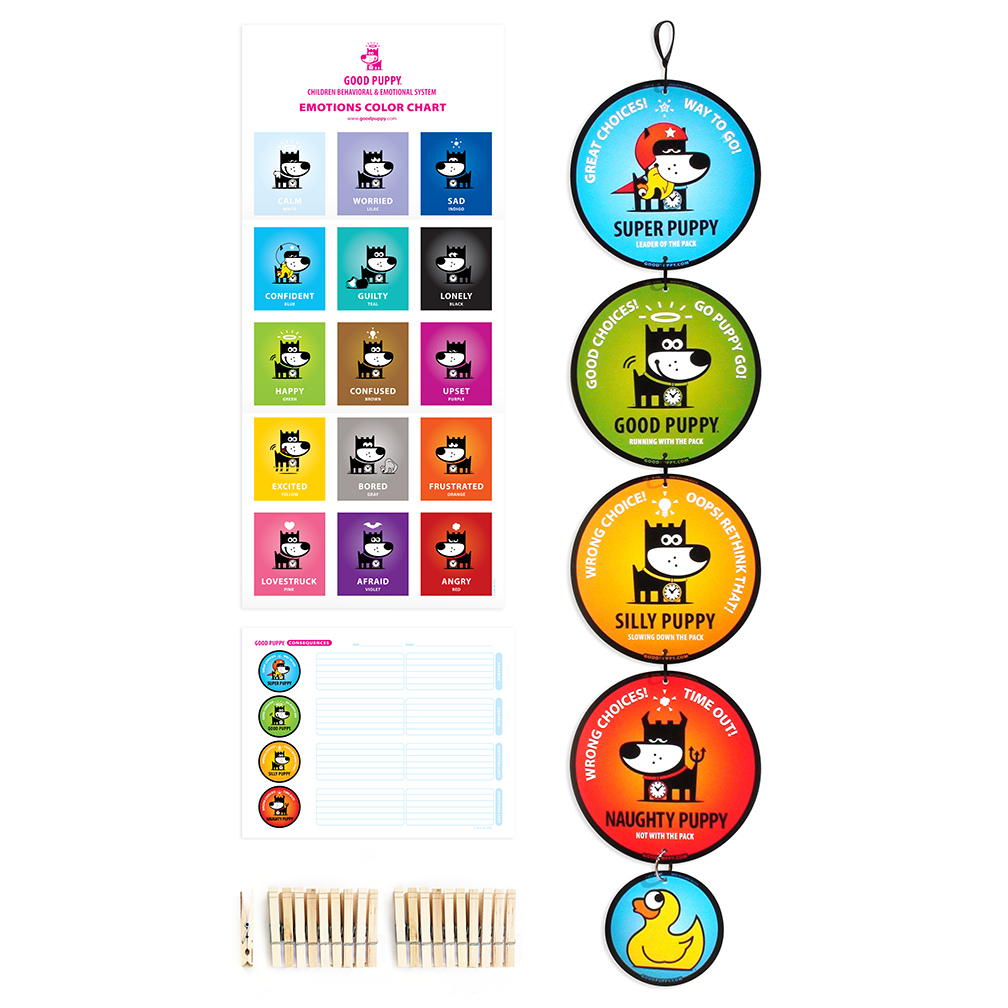
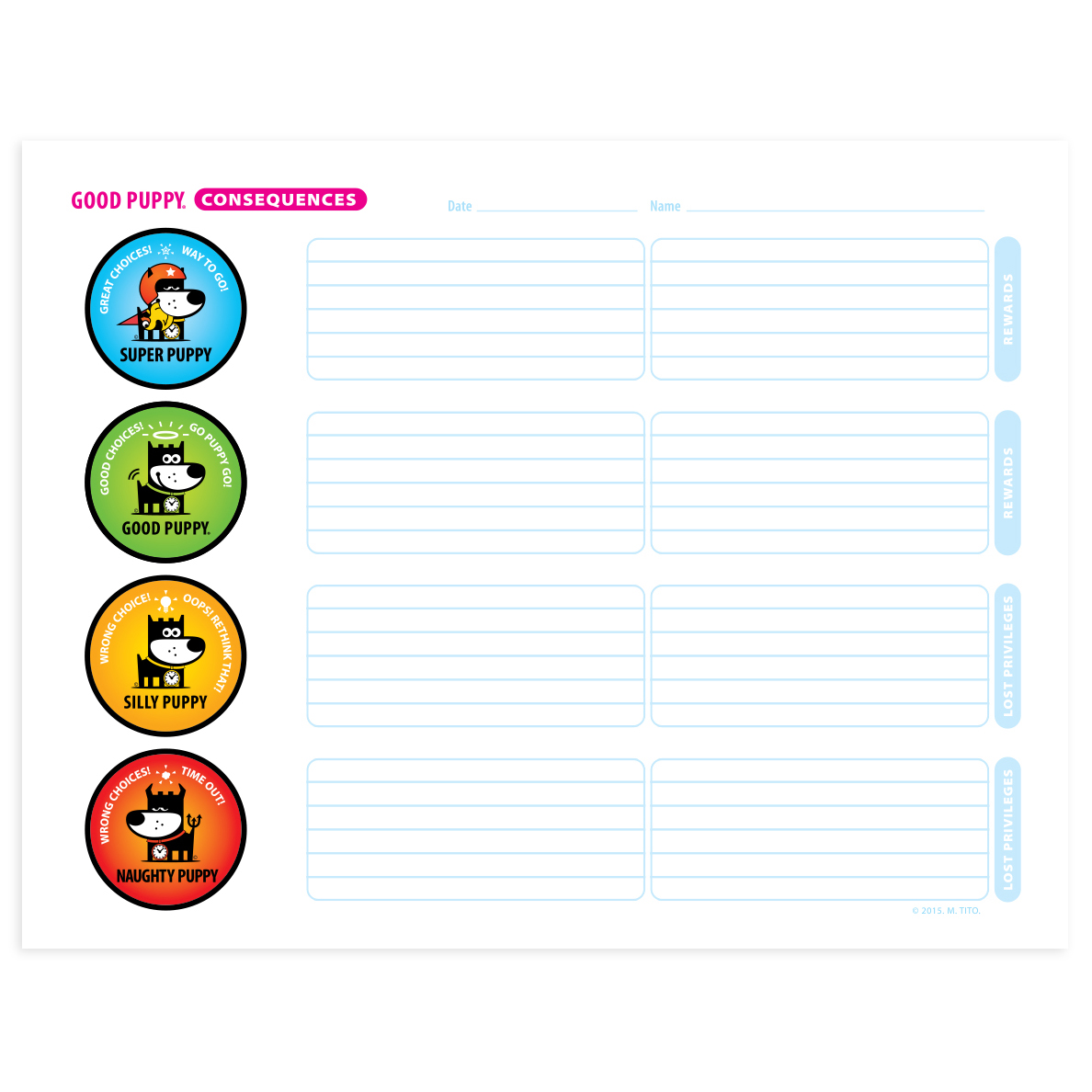
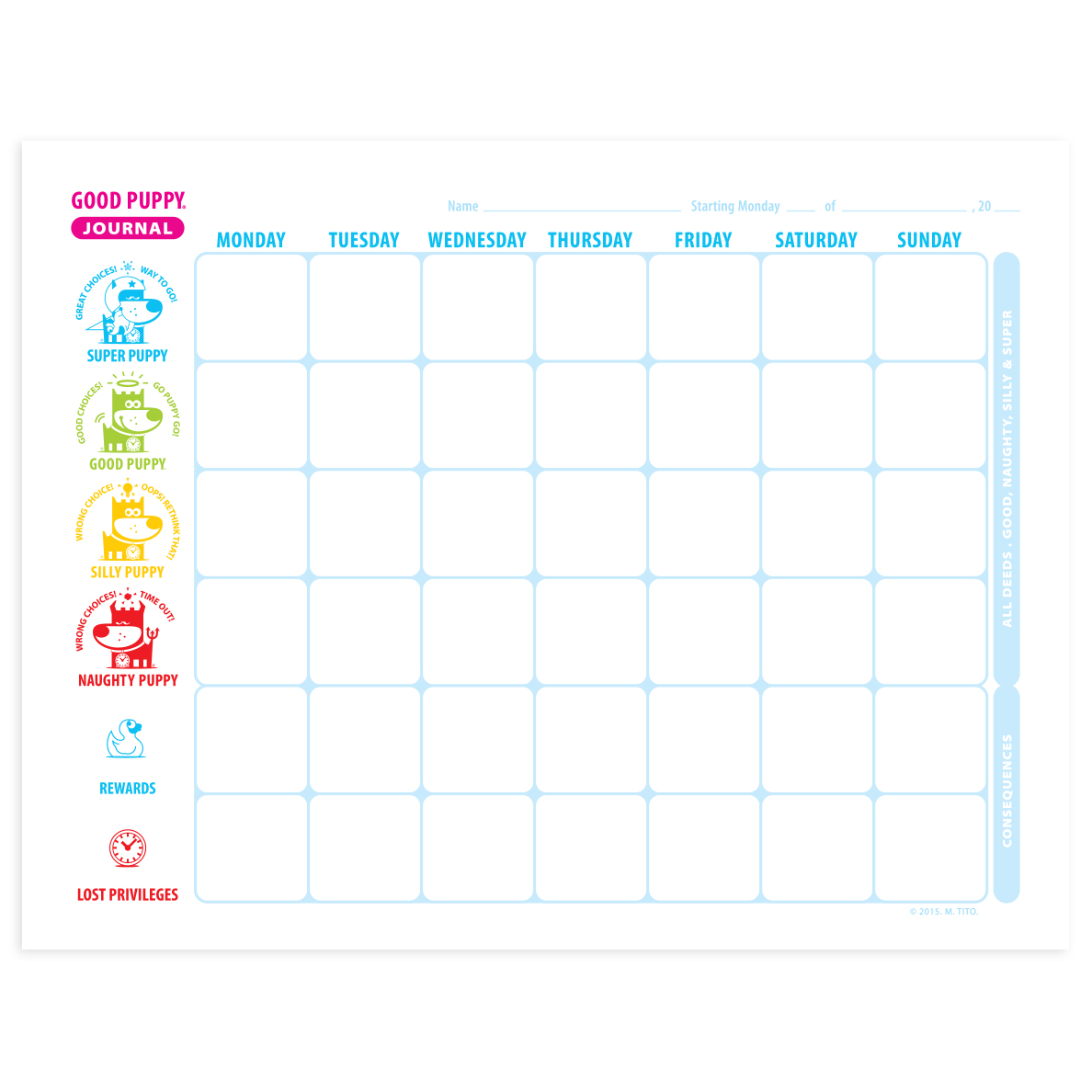


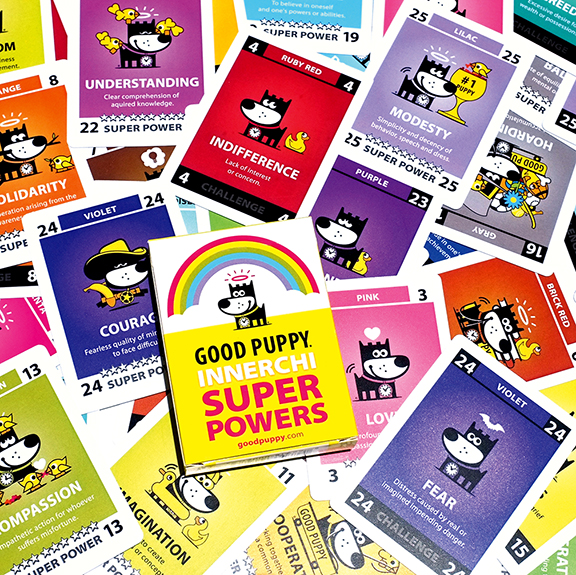


What Does It Take To Do A Good Parenting Job?
Just like any job, raising children comes with a list of requirements. These requirements allow for a positive parenting experience, beneficial to everyone. But while anyone may muster up some of these traits, it is mastering them that will turn them into parenting super powers.